University closer to business
The project is an innovative and long-term university development programme responding to the challenges of a dynamically changing labour market and knowledge-based economy

 Project title
Project title
University closer to business - Comprehensive Development Programme of the Warsaw Finance and Management University
 Name of Beneficiary/Beneficiaries
Name of Beneficiary/Beneficiaries
Academy of Economics and Humanities in Warsaw
 Name of programme
Name of programme
Operational Programme Knowledge Education Development
 Competition
Competition
Comprehensive university programmes
 Project value
Project value
PLN 7,938,315.11
 Funding value
Funding value
PLN 7,700,165.65
 Project delivery period
Project delivery period
From 03/09/2018 to 30/08/2022.
Meet our team
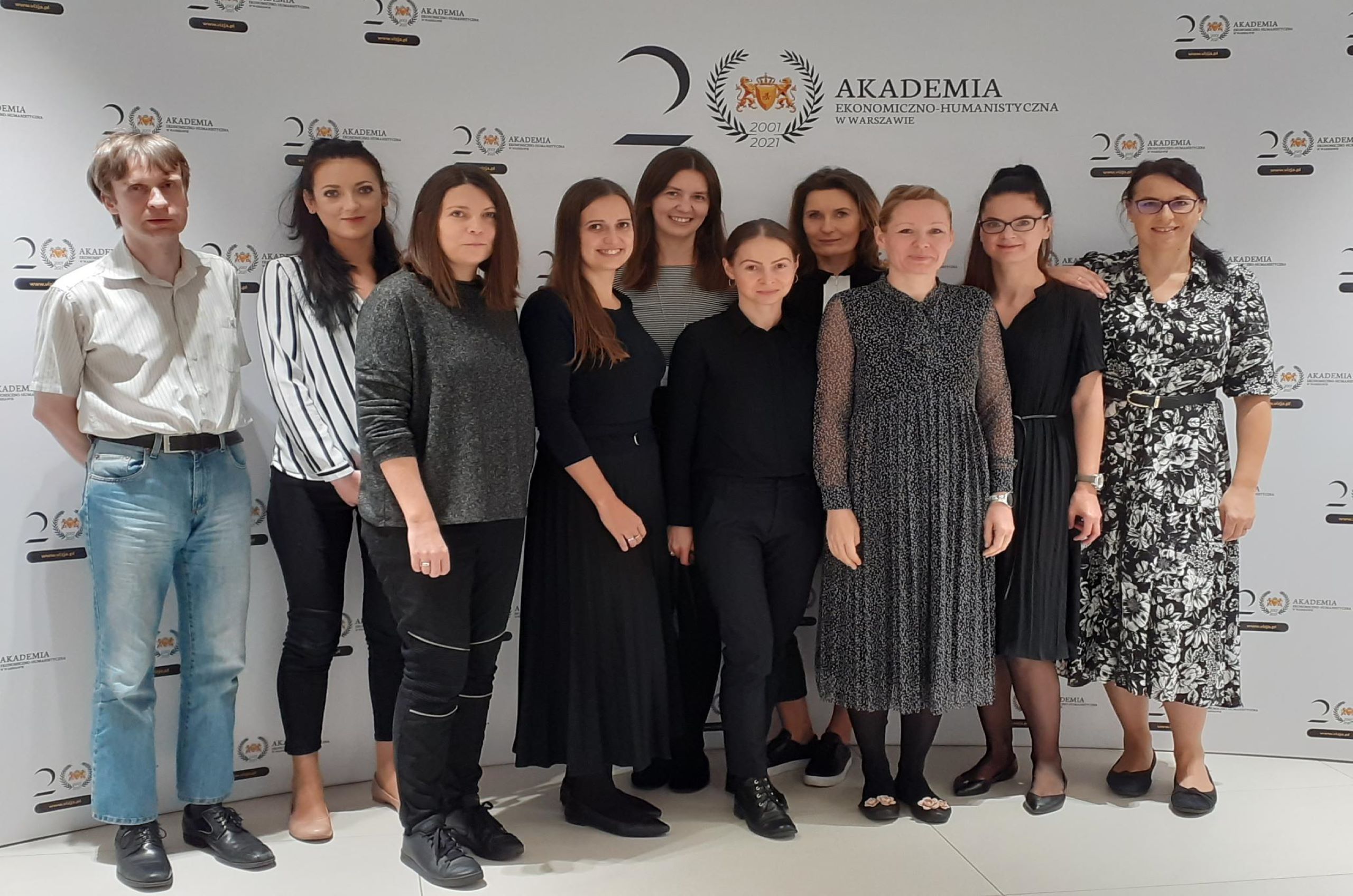
View the results of our work
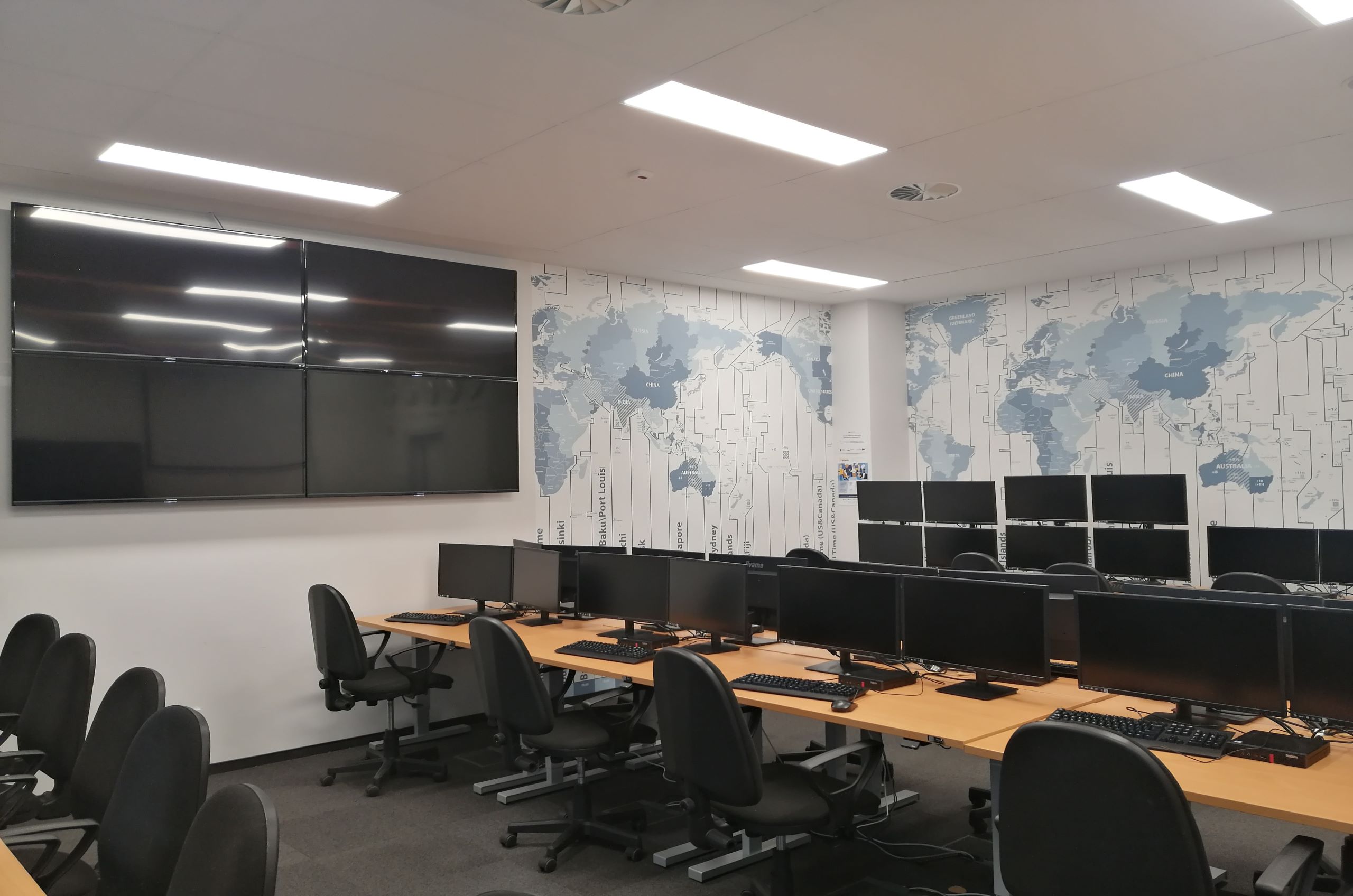
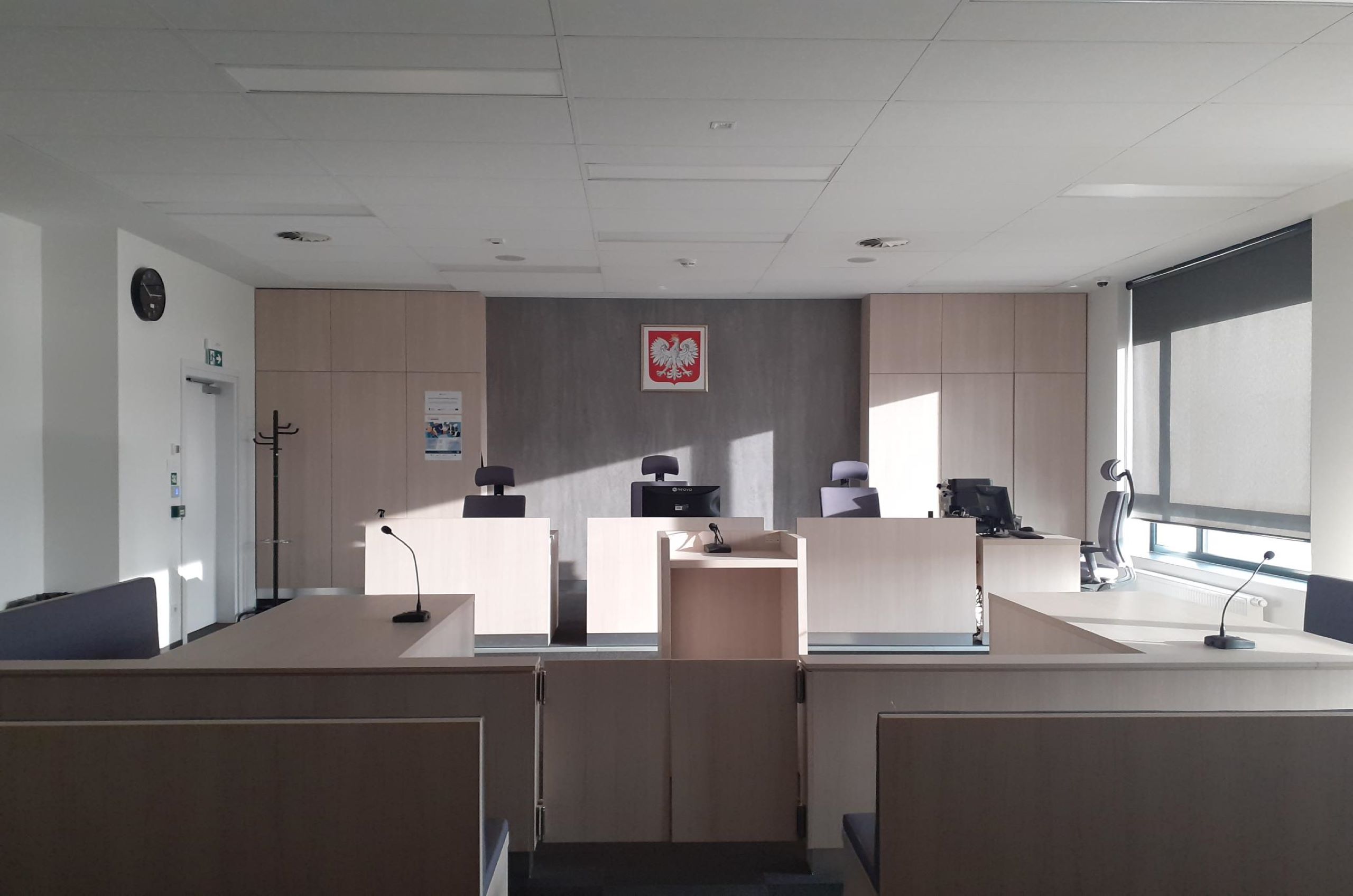
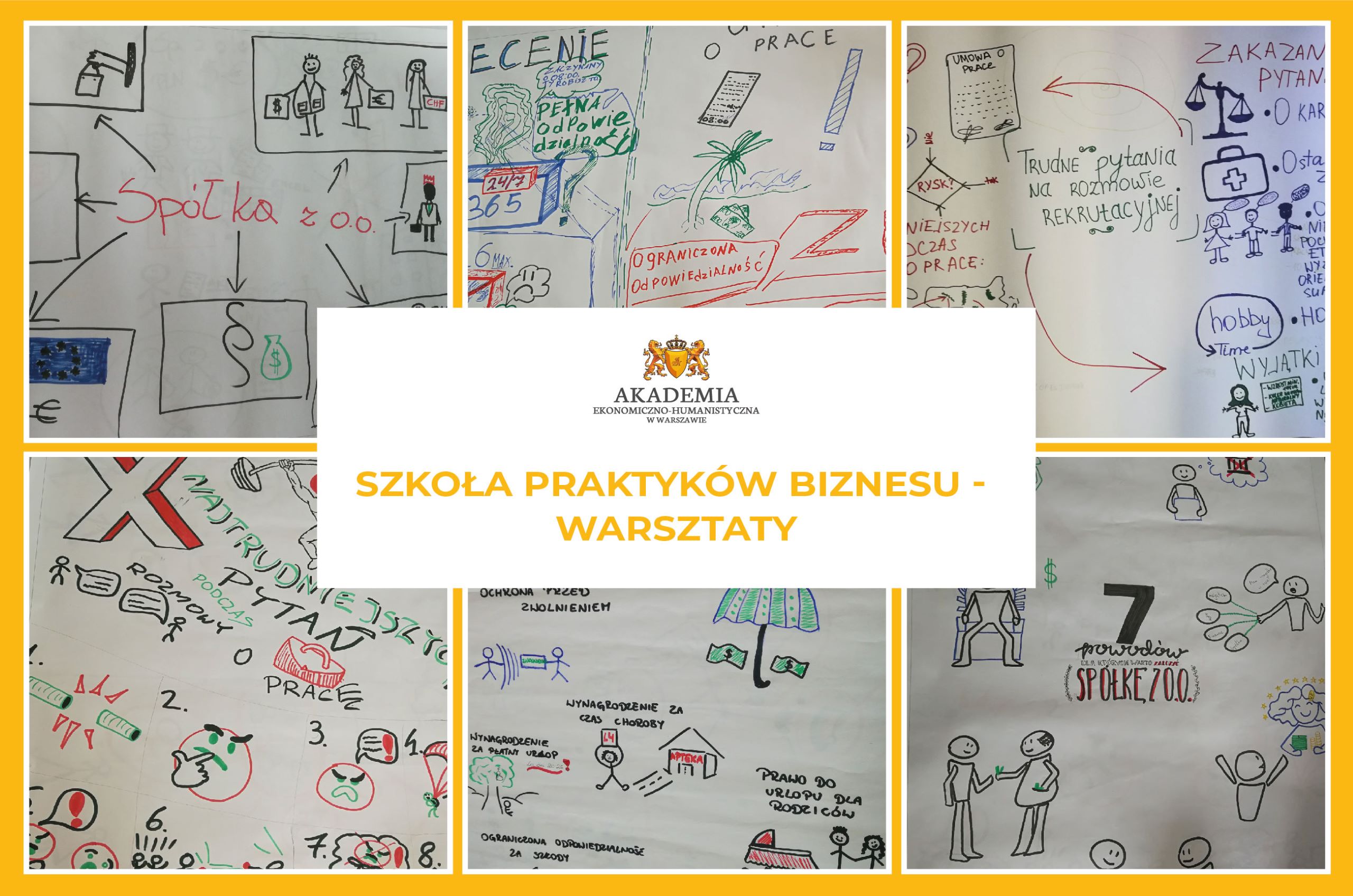
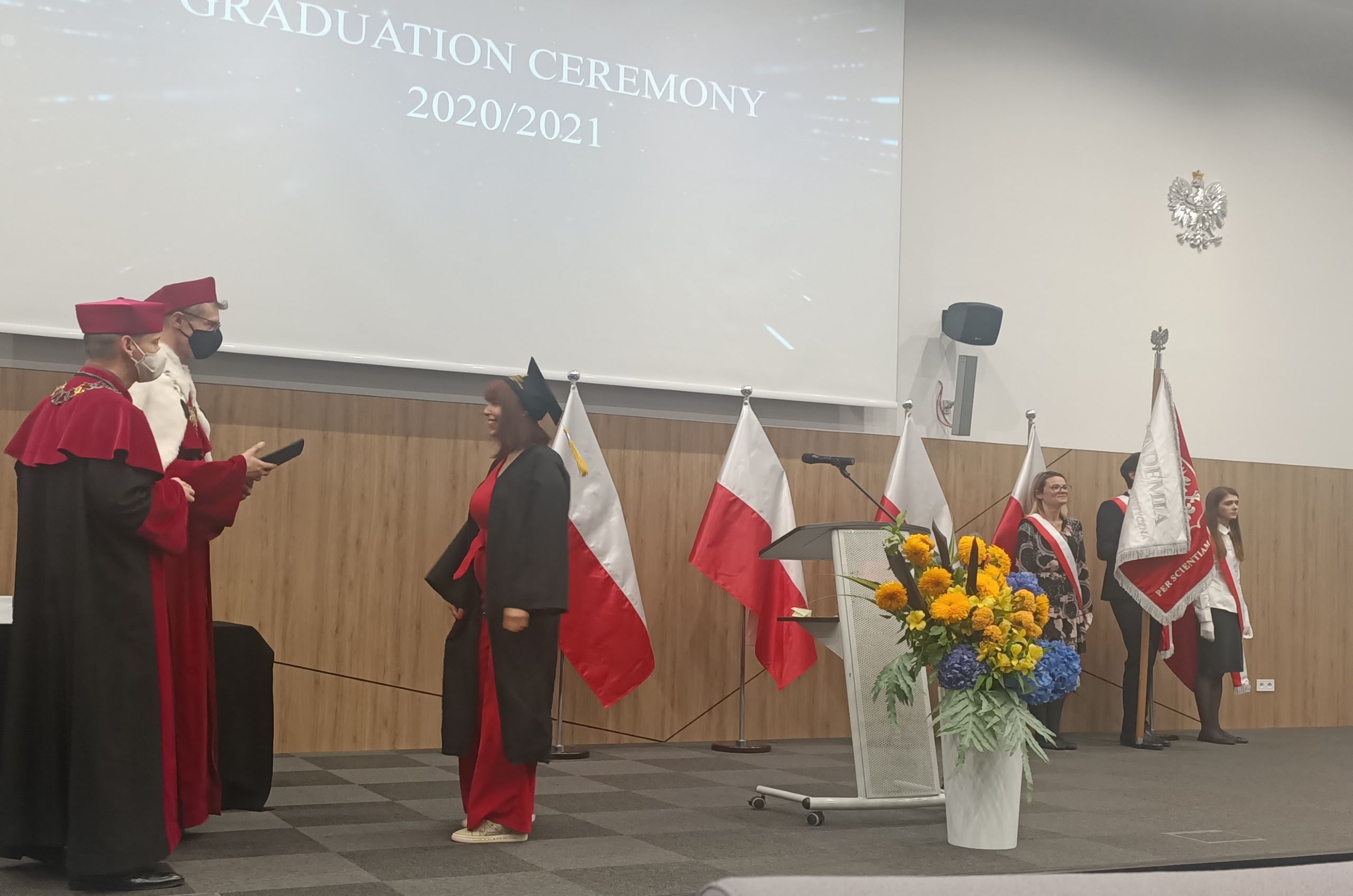
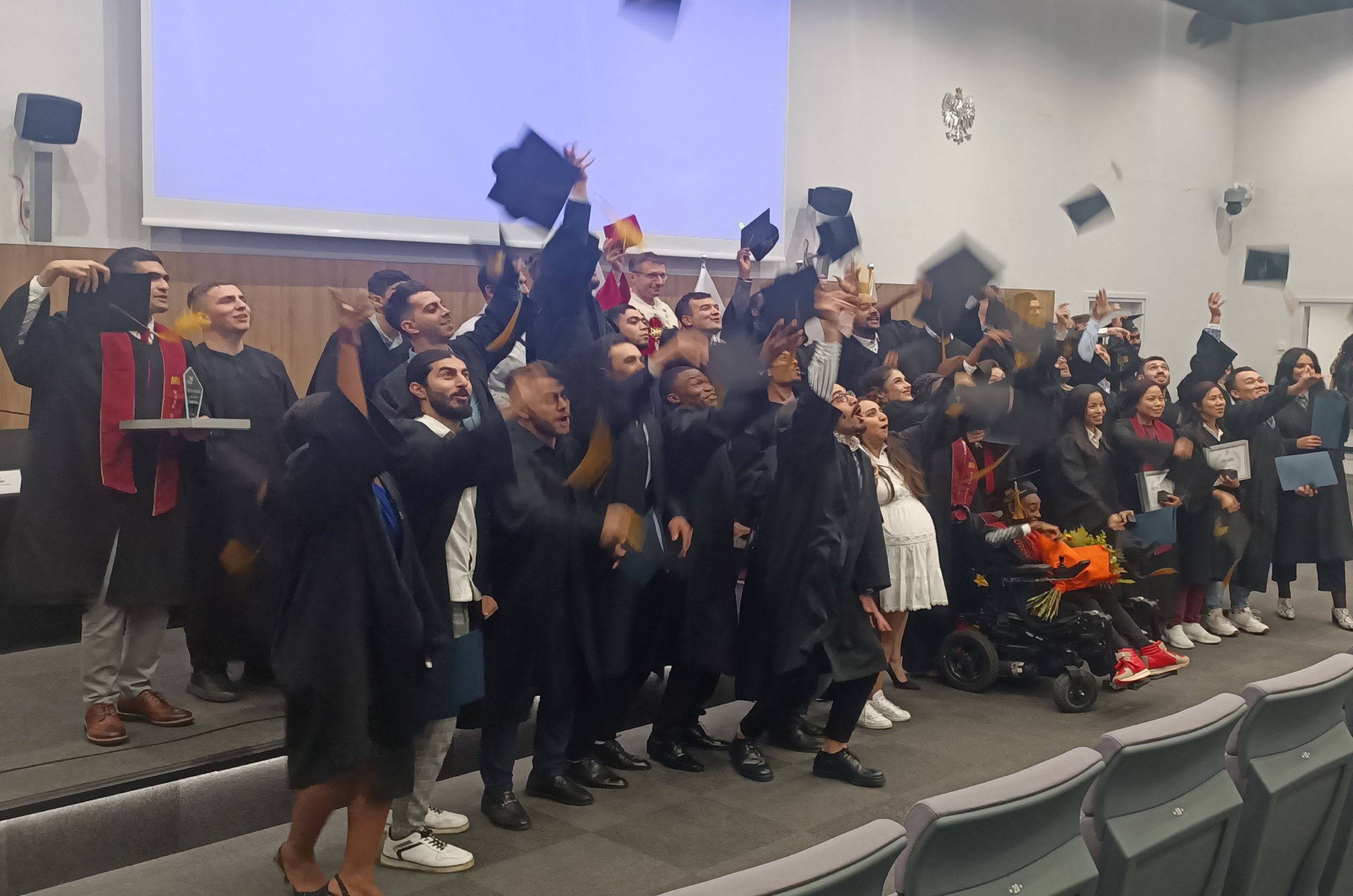
What problem is addressed by the project?
The project is an innovative and long-term university development programme responding to the challenges of a dynamically changing labour market and knowledge-based economy. The project addresses the following problems through the implementation of unique and comprehensive activities:
1. Overly theoretical education for students, not fully responding to the needs of potential employers and, consequently, the difficulties of graduates in entering the labour market and finding a satisfying job compatible with their education. Solutions:
- organisation of high-quality internships and study visits to potential employers;
- implementation of a programme entitled "School of Business Practitioners", whereby lecturers-practitioners conduct lectures and exercises for students of the last two semesters of all undergraduate courses.
- organisation of workshops for students on the development of key competencies for the economy and national development;
- creation of 4 teaching rooms for practical training (in the fields of study: Administration, Finance and Accounting, Management, Political Science) in an environment close to the real one, i.e., a court trial simulation room, a simulation room for public speeches and press conferences, a simulation room for financial and banking transactions and an interactive room
2. Insufficient level of internationalisation of Polish HEIs. Solutions:
- implementation of new international study programmes in English, available to both Polish and international students;
3. An ineffective system for university management. Solutions:
- implementation of a comprehensive integrated IT system for university management, which will ensure the possibility of long-term development and increase of competitiveness of the university;
4. The limited capacity of universities to develop administrative and research and teaching staff and insufficient awareness among the academic community about working, communicating and supporting people at risk of social exclusion who have more difficult access to education and participation in social and professional life. Solutions:
- organisation of workshops increasing university staff competencies, according to their needs, so-called "tailored", in the following areas: university management, effective teaching, communication with persons with disabilities and special needs, equal opportunities for women and men and non-discrimination; cross-cultural education, English classes; commercialisation of research, cooperation between university and business, managerial skills and others;
Thanks to the above measures, the quality and effectiveness of education will increase, students will be very well prepared to enter the labour market, equipped with practical skills corresponding to the real needs of employers. The university will be managed effectively, and its employees will improve their competencies, increasing the quality of their work and their personal satisfaction and motivation to work. In addition, the project fosters the creation of an innovative university environment connected to both the international scientific and research communities and the business sector. As a result of the project's implementation, the transfer of knowledge between the business sector and the university will be possible, which will translate into an increase in the university's role as the creator of an environment conducive to the development of innovation and a knowledge-based economy. Thanks to the implementation of measures adapting the educational process to the needs of people with disabilities and special needs and sensitising the academic community to the problems of people in a more difficult situation - at risk of social or professional exclusion, the university will become an open and friendly place, providing everyone with equal access to knowledge and learning.
Who uses the project results?
- Students and graduates - will gain practical knowledge, experience and the opportunity to access modern knowledge, transmitted innovatively; contact with national and foreign experts. They will gain the opportunity to practice the knowledge gained during their studies with potential employers, and they will have the opportunity to get to know the future work environment and prepare themselves to enter the labour market according to employers' expectations.
- Research and teaching staff - will acquire new competencies in active learning methods, effective communication, cooperation with business, commercialisation of research, supporting students with disabilities and special needs, intercultural differences, English language.
- Administrative staff - will increase their competencies in management, communication, negotiation, conflict resolution, specific communication and cooperation with people with disabilities and special needs, tolerance, English language skills.
- University - the quality of education and effectiveness of cooperation of science with the economic environment will increase, translating into increased competitiveness of the university.
- Science - the process of innovativeness and commercialisation of scientific research and development works will be developed; knowledge on the relations between science, innovativeness and economy will be disseminated.